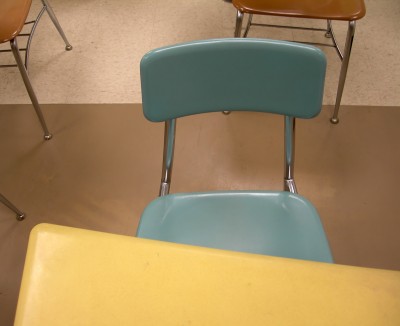Making the jump from high school to college is a big transition. There are many preconceived notions of what a “college class” is and what an incoming freshman should anticipate. From these notions, I thought I had a pretty good idea of what to expect from the academic side of college. Yet, looking back on the classes I have had during my first two years of college has made me realize that what I had expected is not exactly reality. Here are four academic lies and the truth behind them:

1. Attendance is Optional
Attendance is not optional in college. A majority of my classes have had some sort of weight placed on attendance, and some professors will be more willing to give you the benefit of the doubt on a borderline grade (does 89.4% round up?!) if you had good attendance throughout the term. True, some professors do not take attendance and some care less than others, but even so a major part of many grades come from material presented in lectures during class.
2. Professors do not care about you personally
The general rule of thumb here is that if you make an effort, your professors will care. They have all been through college themselves (lots of college, as many possess doctorates) and understand what it’s like to juggle 4-6 classes, a job, and extra-curriculars. Thus, if you show that you are at least trying, your professors will often be more than willing to meet with you outside of class to edit a paper, work out some extra problems, or discuss a confusing concept. I have also had professors who are flexible about moving a due date a day or two back if they are approached with a particularly stressful situation.
3. Classes are too big to stand out from
While class size depends on factors including school, major, and level of class, there are ways to stand out no matter how large the class size. Generally, students that show an interest in the class and professor are more likely to be noticeable. “Interest” can include actions like making good grades on tests or meeting with professors during their office hours. Meeting with a professor, especially, is a great way to form a more personal relationship that can be useful for help when writing a thesis or applying to grad school.
4. College is an extension of high school, only harder
The level of workload does indeed increase in college, but other changes make college classes way different from those in high school. For example, tests are generally given much more weight in college than in high school. It isn’t rare to have a midterm, a final, and maybe a paper or two determine your whole grade. Also, responsibility and independence are keys to the college classroom setting. Reading, for instance, is tested on but not always talked about in class.
While these are lessons from my college life, it is essential to remember that everyone has a different experience and perspective. The most important thing to know is that, no matter what your expectations may be, college is a new experience for everyone, so make the most of it!


